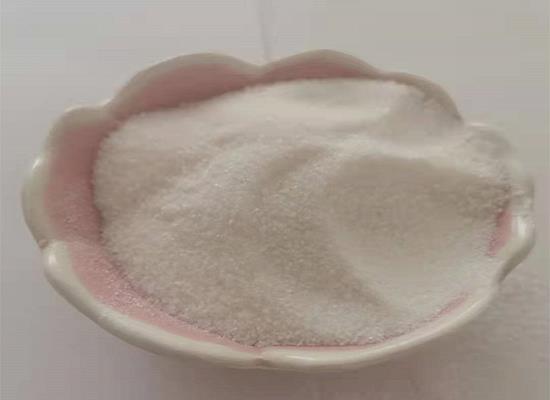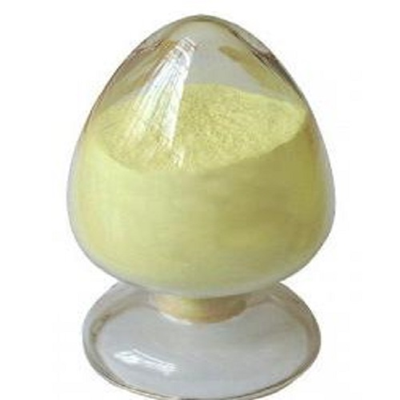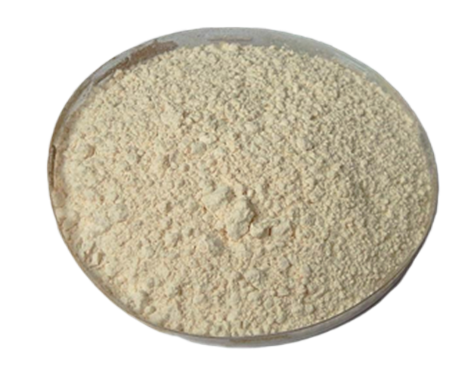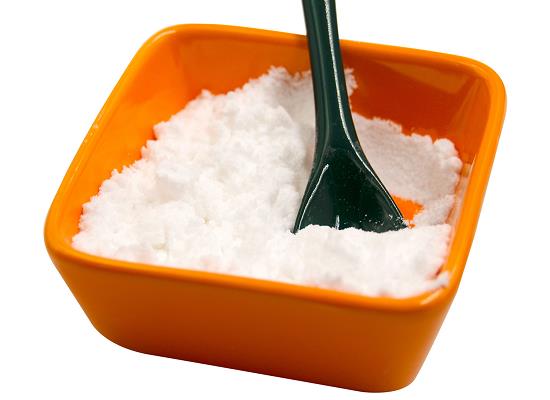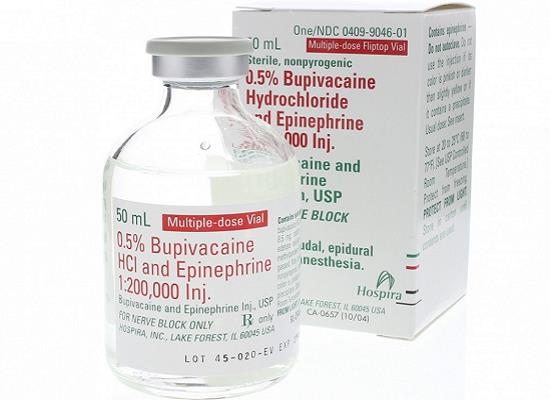Active Pharmaceutical Ingredients (API), popularly speaking, are the raw materials of medicines, only pharmaceutical raw materials are processed into pharmaceutical preparations , can they become medicines available for clinical use, so drugs we usually eat are the finished drugs through processing. Active Pharmaceutical Ingredients based on its sources can be divided into two major categories ,including chemical synthetic drugs and natural chemical drugs. Chemical synthetic drugs can be divided into organic synthetic drugs and inorganic synthetic drugs. Inorganic synthetic drugs are inorganic compounds ( very few is element), such as aluminum hydroxide, magnesium trisilicate which are used for the treatment of gastric and duodenal ulcers ; organic synthetic drugs are mainly composed of drugs made by basic organic chemical raw materials, through a series of organic chemical reactions (such as aspirin, chloramphenicol, caffeine, etc.). Natural chemical drugs ,based on its sources,can be divided into two categories including biochemical drugs and plant chemical drugs. Antibiotics are generally made by the microbial fermentation, which belongs to the biochemistry category. A variety of semi-synthetic antibiotics occurs in recent years,which are biosynthesis and chemical synthesis combining products.Among active Pharmaceutical Ingredients, the organic synthetic drugs varieties, yields and values have the largest proportion,which are the main pillars of the chemical and pharmaceutical industries. The quality of active Pharmaceutical Ingredients decides whether the formulation is good or bad , so its quality standards are very strict ,countries in the world have developed national pharmacopoeia standards and strict quality control methods for its widely used active Pharmaceutical ingredients.
1,2,3-Triacetyl-5-deoxy-D-ribose: properties, applications and safety
1,2,3-Triacetyl-5-deoxy-D-ribose is a white powder used in organic synthesis and pharmaceutical research, with applications in nucleoside synthesis and as a protecting group.
Nov 21,2023 APICan Olivetol treat obesity?
Olivetol was able to inhibit the storage of excess fat in the liver caused by obesity (steatohepatitis) by lowering the levels of liver enzymes.
Nov 20,2023 APIRole of Pyridoxal phosphate in neonatal epileptic encephalopathy
PLP may be effective in treating neonatal epileptic encephalopathy (NEE).
Nov 20,2023 APIPyridoxal 5’-Phosphate: Introduction , Uses and Diagnosis
Pyridoxal 5'-Phosphate(PLP) is the metabolically active form of vitamin B6. It can be used in neonatal antiepileptic drug therapy.
Nov 20,2023 APITropinone: properties, applications and safety
Tropinone is a versatile and important compound with diverse applications, but proper use is crucial for safety.
Nov 20,2023 APIA dopamine antagonist: Amisulpride
Amisulpride is a dopamine antagonist that has been used as an oral atypical antipsychotic. This drug is also a new drug for the management of postoperative nausea and vomiting.
Nov 20,2023 APIBIBW2992 DiMaleate: pharmacokinetic, clinical applications and safety
BIBW2992 DiMaleate is a well-tolerated medication for certain types of lung cancer, showing bioequivalence and efficacy in clinical studies.
Nov 20,2023 APIPiperazine citrate: mechanism of action, applications and safety
Piperazine citrate paralyzes worms by inhibiting GABA receptors, treating certain parasitic infections effectively and safely.
Nov 20,2023 APIBupivacaine hydrochloride: mechanism of action, clinical applications and safety
Bupivacaine Hydrochloride, a local anesthetic that blocks nerve impulses, is widely used but requires careful usage due to potential side effects.
Nov 20,2023 APIMethyl oxalyl chloride: properties, applications and safety
Methyl oxalyl chloride is a volatile, highly reactive compound used in organic synthesis, requiring stringent safety measures.
Nov 20,2023 API



